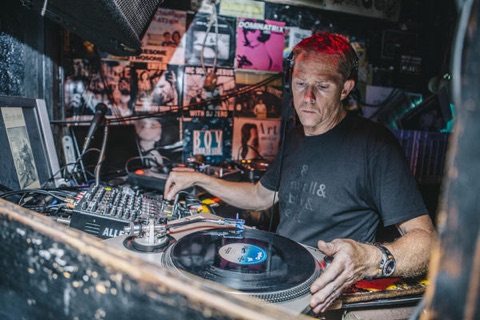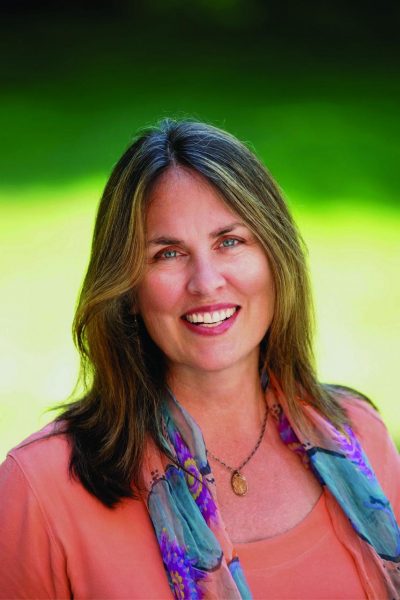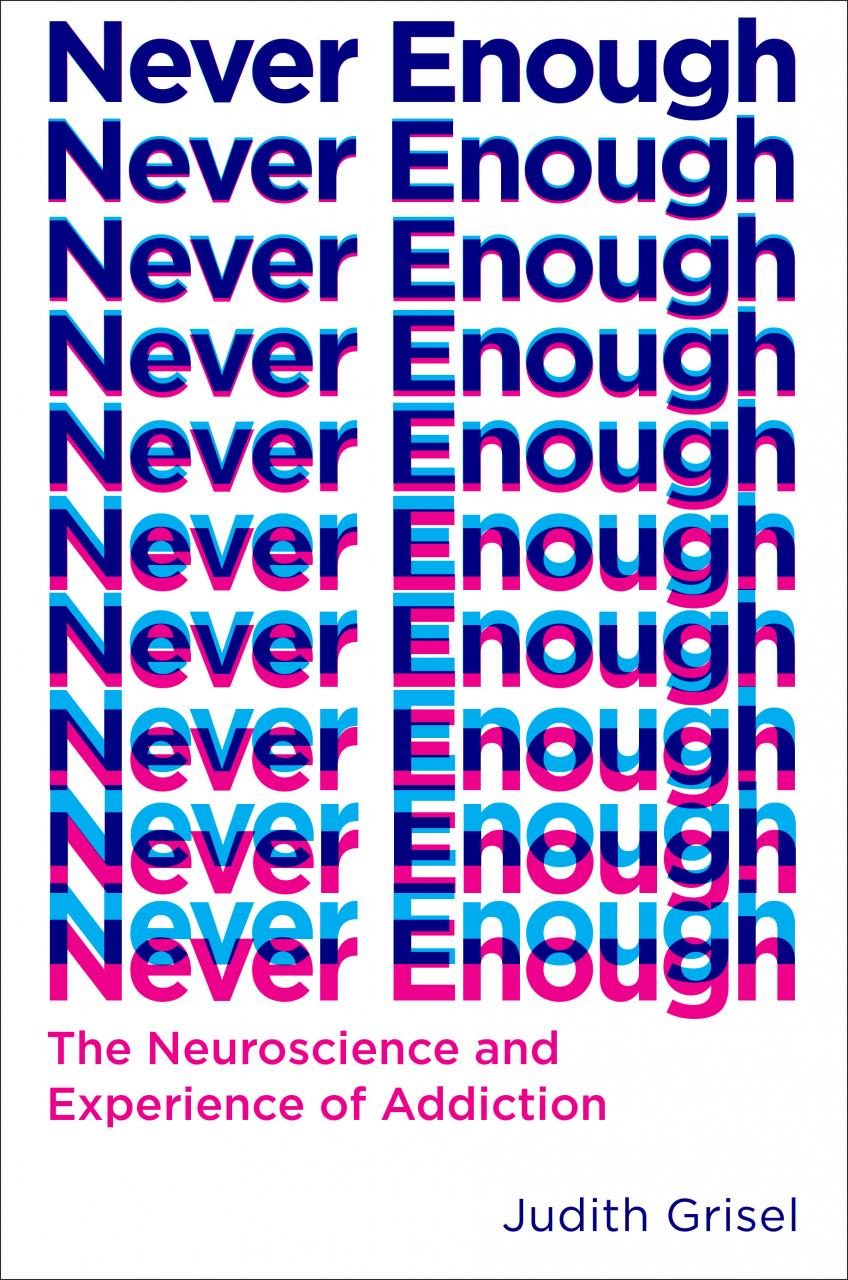Judith Grisel, Ph.D.
Behavioral Neuroscientist and Professor of Psychology, Bucknell University
Never Enough: The Neuroscience and Experience of Addiction
Addiction is epidemic and catastrophic. With more than one in every five people over the age of fourteen addicted, drug abuse has been called the most formidable health problem worldwide. If we are not victims ourselves, we all know someone struggling with the merciless compulsion to alter their experience by changing how their brain functions. In her new book, Never Enough: The Neuroscience and Experience of Addiction, behavioral neuroscientist Judith Grisel, Ph.D. walks readers through the science of addiction, detailing the effects that drugs such as cocaine, heroin, methamphetamine, nicotine, alcohol, marijuana, and ecstasy have on the brain, and offering unabashed retellings of her own first-hand experiences with each substance. Drawing on years of research, Prof. Grisel has reached a fundamental conclusion: for the addict, there will never be enough drugs. The brain’s capacity to learn and adapt is seemingly infinite, allowing it to counteract any regular disruption, including that caused by drugs. What begins as a normal state punctuated by periods of being high transforms over time into a state of desperate craving that is only temporarily subdued by a fix, explaining why addicts are unable to live either with or without their drug.
One by one, Prof. Grisel shows how different drugs act on the brain, the kind of experiential effects they generate, and the specific reasons why each is so hard to kick. Her insights lead to a better understanding of the brain’s critical contributions to addictive behavior, and will help inform a more rational, coherent, and compassionate response to the epidemic in our homes and communities.
Upcoming Events
Year of the Monkey: An Evening with Patti Smith
Patti Smith
Writer, performer, and visual artist
Evanston Township High School Auditorium
Live streaming video of this event will be available, beginning at 7:00 PM, on the ETHS Wildkits YouTube Live Stream channel.
Special thanks to DJ Jeff Pazen for pre- and post-event music!

The Power of Human: How Our Shared Humanity Can Help Us Create a Better World
Adam Waytz, Ph.D.
Associate Professor of Management and Organizations at Northwestern University’s Kellogg School of Management.
North Shore Country Day School Auditorium
The Great Juggling Act: Balancing Life as a Parent
Julie Morgenstern
Time-management and productivity specialist, and author of Organizing from the Inside Out, Never Check Email in the Morning, SHED Your Stuff, Change Your Life, and the brand-new Time to Parent: Organizing Your Life to Bring Out the Best in Your Child and You
New Trier High School, Northfield Campus, Cornog Auditorium



